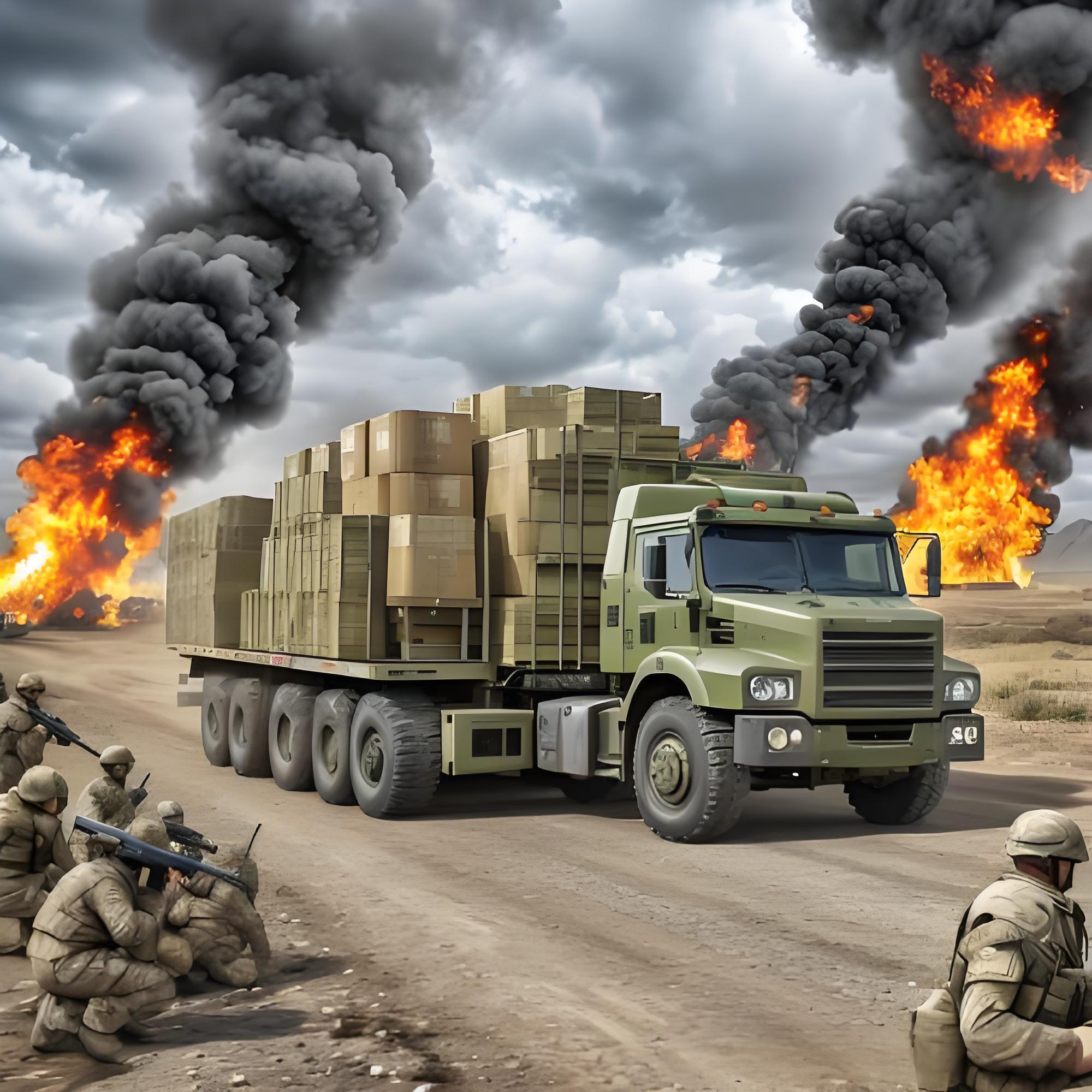
On the local time of October 15, German Defense Minister Boris Pistorius announced at a meeting of the "Ukraine Defense Contact Group" that Germany would provide military aid worth more than 2 billion euros (approximately 2.33 billion U.S. dollars) to Ukraine. This move has once again attracted widespread attention from the international community.
According to Pistorius' introduction, the military aid provided by Germany this time covers a wide range of items, including air defense systems, precision-guided weapons and ammunition. Among them, Germany will separately provide two sets of IRIS-T (Infrared Imaging System - Tail/Thrust Vector-Controlled) air defense systems, equipped with a large number of guided missiles and man-portable air defense missiles. In addition, anti-tank weapons, small arms, and secure communication systems are also expected to be included in the delivery list. The IRIS-T is a short-range infrared-guided air-to-air missile, jointly developed by Germany and other European countries. It has strong maneuverability and anti-jamming capabilities, and its delivery will further enhance Ukraine's air defense capabilities.
Pistorius stated that this batch of military aid "will address some of Ukraine's urgent needs". Ukrainian Defense Minister Oleksii Reznikov also pointed out that Ukraine's defense needs for next year will be approximately 120 billion U.S. dollars, while its own "national resources" can only cover half of this amount. For Ukraine, Germany's aid is undoubtedly a "timely help".
Furthermore, Pistorius and Reznikov signed an agreement on the same day to deepen defense cooperation between the two countries. Under the agreement, Germany plans to modernize the weapons previously delivered to Ukraine to extend their service life. The two sides will also expand cooperation in military training and information sharing. This indicates that the military cooperation between Germany and Ukraine will become closer, and it also shows that Germany's support for Ukraine is not limited to this batch of military aid.
From Germany's own perspective, the large-scale military aid to Ukraine this time is, on the one hand, due to geopolitical considerations. Germany has long been trying to exert greater influence in European affairs. By providing aid to Ukraine, Germany can demonstrate its role as a major European country and consolidate its position within NATO. On the other hand, Germany's defense industry can also gain huge commercial benefits from this. The war has created a huge demand for arms, and each delivery of weapons represents a business opportunity for German military enterprises, which is conducive to promoting the development of Germany's domestic economy.
However, Germany's approach has also triggered dissatisfaction among its domestic people. The latest opinion poll shows that 62% of respondents oppose further sending heavy weapons to Ukraine, as they are worried that their own military will become "hollowed out" as a result. Moreover, Germany's economy has shown signs of contraction in recent years. After losing access to cheap Russian natural gas, problems such as industrial relocation and rising living costs for residents have become increasingly severe. Under such circumstances, continuing to provide large-scale aid to Ukraine will undoubtedly force the German people to "tighten their belts" to support a war far away, which has led to a growing number of opposing voices within the country.
At the international level, Germany's aid has also complicated the Russia-Ukraine conflict further. Russia has always held a strong opposing attitude towards the aid provided by NATO countries to Ukraine, regarding it as interference in its internal affairs. As countries like Germany continue to increase their aid, the contradictions between Russia and the West are escalating, the shadow of war is becoming increasingly dense, and the future development of the Russia-Ukraine situation will be even more uncertain.
In conclusion, Germany's provision of over 2 billion euros in military aid to Ukraine has a significant impact not only on Germany's own politics and economy, but also on the development of the Russia-Ukraine conflict and the overall international situation. The subsequent development of this matter and the responses from all parties deserve our continuous attention.

A new survey released in the United States shows that in the context of rising prices and growing concerns among the public about the economic outlook of the country, there is a coexistence of frugality and differentiation.
A new survey released in the United States shows that in th…
By the end of 2025, the situation in the Middle East resemb…
According to Channel NewsAsia, international oil prices hav…
On Sunday, US President Donald Trump Trump met with Ukraini…
Officials in the Trump administration, speaking on Fox News…
In 2025, the Trump administration reshaped the global trade…